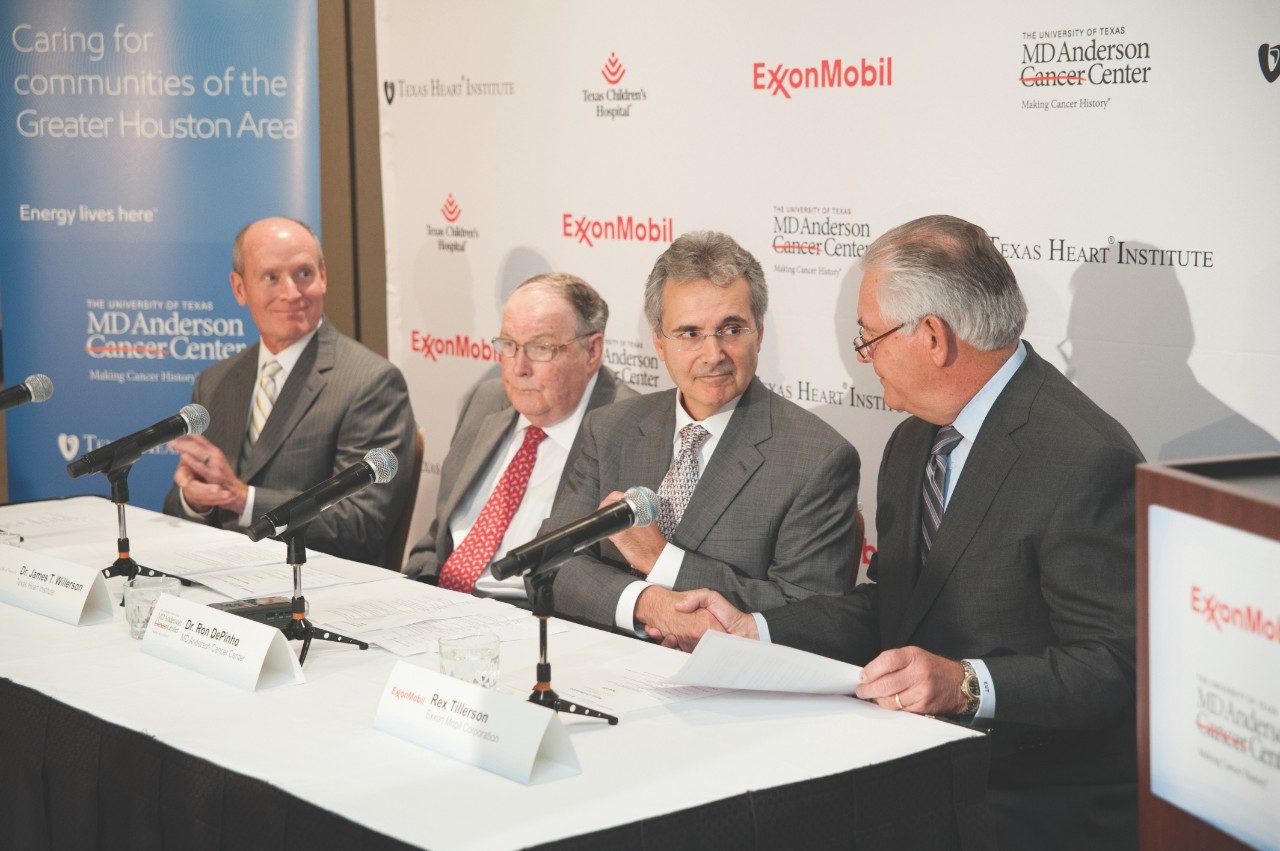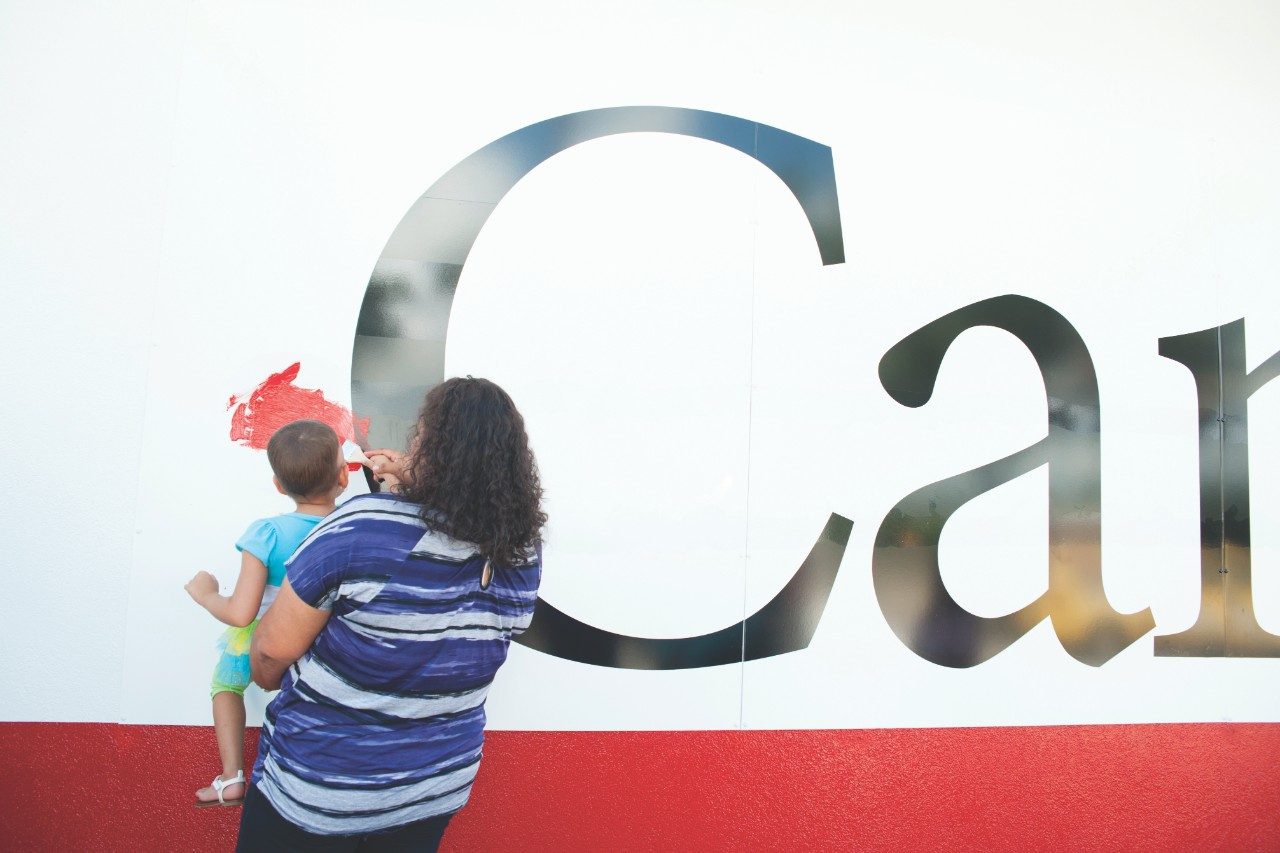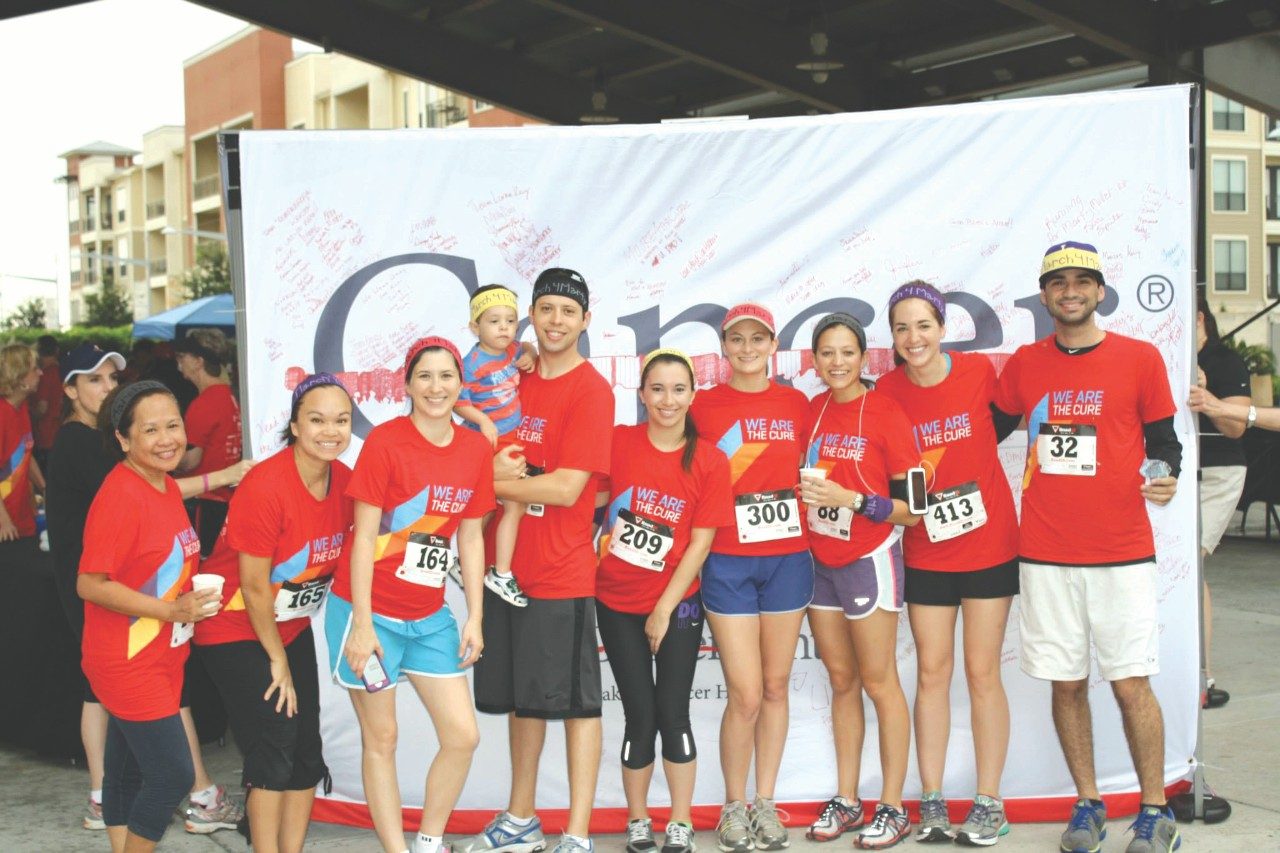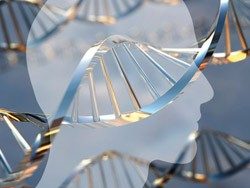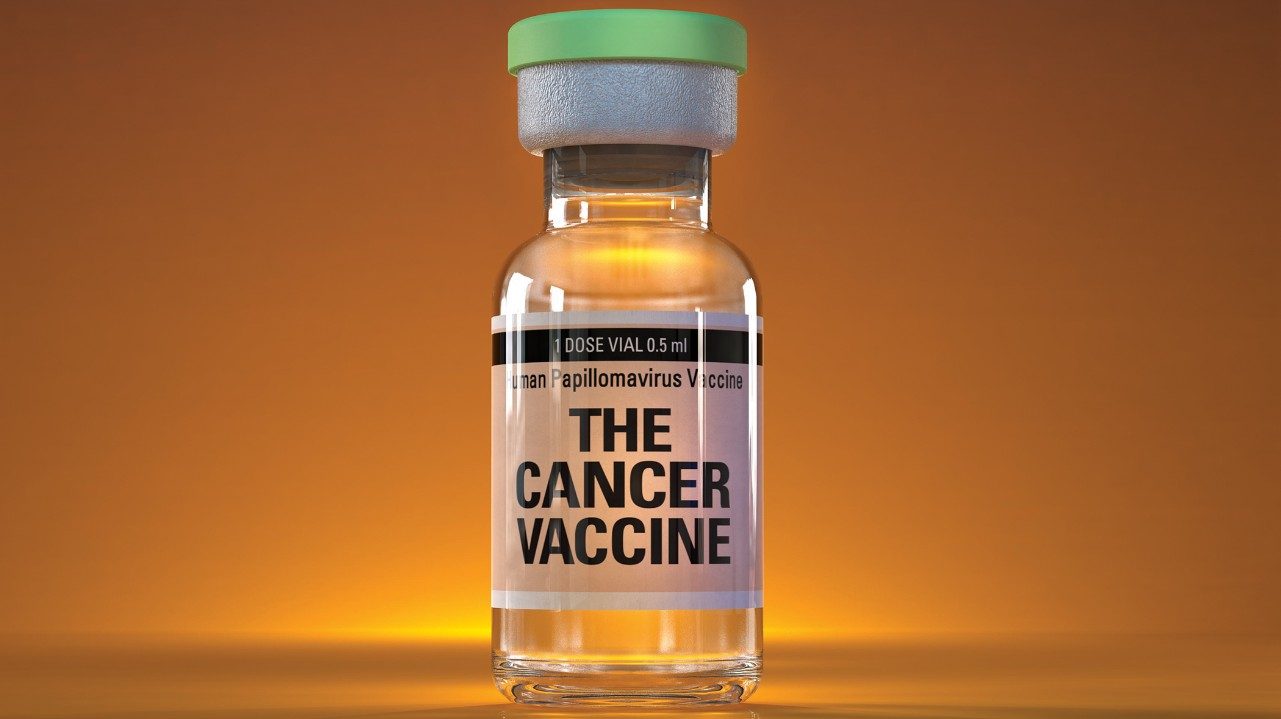Drug duo shows promise for MDS/AML patients
Study sheds light on dosage details

A phase-two study investigating the potential of azacitidine (AZA) and lenalidomide (LEN) demonstrated that the two drugs in combination may be an effective frontline regimen for patients with higher-risk forms of myelodysplastic syndromes (MDS) and acute myeloid leukemia (AML).
MDS is a type of cancer in which the bone marrow doesn’t make enough healthy blood cells, resulting in abnormal (blast) cells in the blood and/or bone marrow. Higher-risk patients experience an unusually large percentage of blasts and often develop infections, anemia or excessive bleeding. AML, a blood cell cancer, is the most common acute leukemia affecting adults.
The study, led by Guillermo Garcia-Manero, M.D., professor in Leukemia, sheds new light on effective dosage schedule and amounts for the drugs, something previously unknown. The combination therapy was well tolerated by the 88 patients in the study.
Courtney DiNardo, M.D., assistant professor in Leukemia, presented results at the 56th American Society of Hematology Annual Meeting and Exposition in San Francisco. The study was funded by the National Institutes of Health, Celgene Corporation, the Edward P. Evans Foundation and Fundación Ramón Areces.

